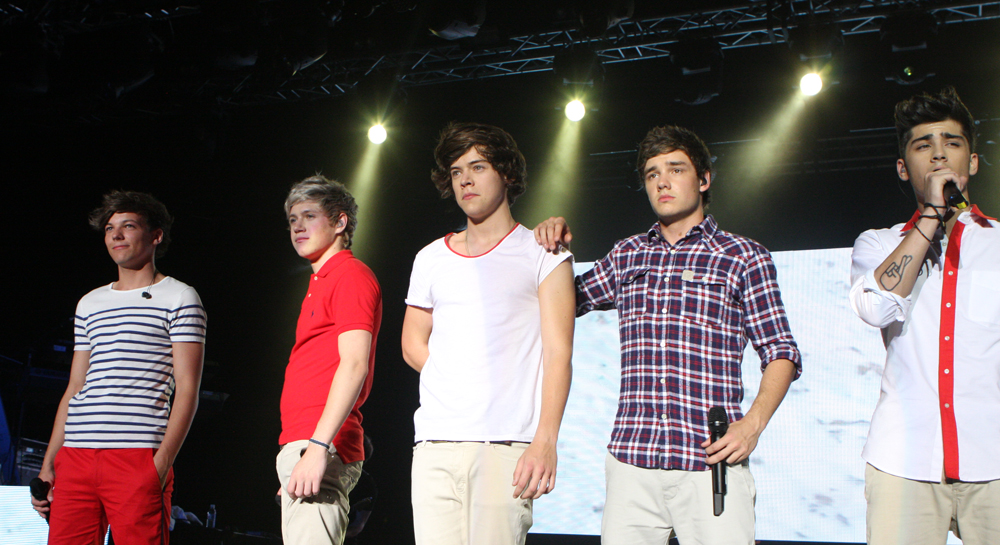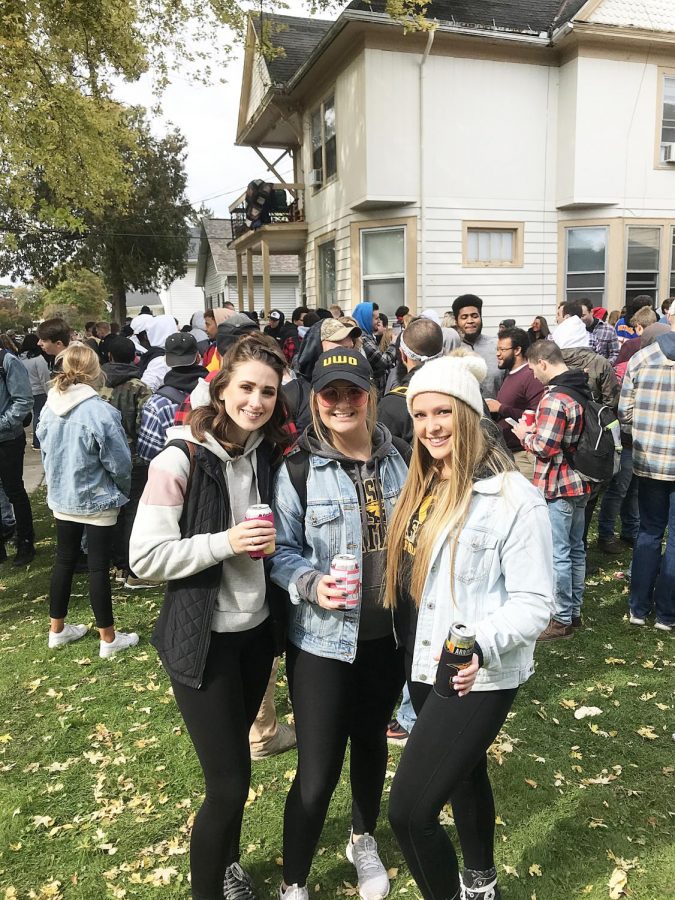Less than an hour before media outlets reported that former One Direction star Liam Payne died, I was joking with a friend about how every Gen Z girl remembers where they were when Zayn Malik left the boy band.
Now, I have a feeling that I’ll always remember the bend on the sidewalk I stood on as I quickly sent screenshots about Payne’s passing to pretty much everyone in my phone.
As far as One Direction fans go, I was pretty tame. I didn’t have their posters plastered on my walls, I didn’t beg my parents for concert tickets and I didn’t have their sibling’s friend’s dog’s name memorized.
Still, the shock that comes from losing a childhood icon has me, and other members of Gen Z, grappling with the inescapable fact that we are growing up.
For a lot of Gen Z, this was the first major celebrity death they’ve lived through and will remember to the full extent. For millennials, it was Cory Monteith on “Glee.” For Gen X, it was Kurt Cobain, and for Boomers, it was John Lennon. It’s no secret that dying young in the entertainment industry is a dark reality for many celebrities, but Payne’s death shines a light on how Gen Z might have a different experience dealing with these deaths than past generations.
While celebrities have always been under a magnifying glass for the public eye to peer into, the proliferation of social media has turned this magnifying glass into full-blown security cameras.
Whether what is shown is real or not is irrelevant; online presence has created deep parasocial relationships between Gen Z and their idols. In One Direction’s heyday, entire blogs were dedicated to each band member. Teenage girls would stay up past midnight writing fanfiction about these then 20-year-old men. In their own minds, they knew One Direction personally, and with constant Instagram, Twitter and YouTube updates being funneled into daily life, why wouldn’t fans feel this deep connection?
These intimate relationships seem to have the power to change how young people grieve deaths like Payne’s, because celebrities aren’t just celebrities anymore — they’re close friends. At a glance, this might leave Gen Z in deep mourning for someone they never met.
However, this generation’s online presence isn’t so simple. Someone described to me Gen Z’s virtual connections as a “push and pull” between willingly consuming a gluttonous amount of celebrity content and challenging traditional idolization of these same celebrities.
Even just days before his death, Payne was being mocked on TikTok for his own social media presence. So, while some die-hard directioners grieved with candle vigils and emotional slideshows, many others took no less than 24 hours to meme-ify the incident.
It’s true, no one is safe from Gen Z’s unbothered (and sometimes morbid) criticism — not even the deceased.
Regardless of whether or not the criticism of Payne was warranted, his death still deeply affected a huge portion of a generation. It complicates how people are dealing with celebrity grief.
During these times, it’s important to remember that Gen Z didn’t just grieve Payne’s death, but what he represented: an online community, an escape from reality and a part of their childhoods. While the internet helped create this unique, parasocial relationship, it also provides a safe space for people to mourn with other like-minded fans.
Dealing with a celebrity death is a complicated road for anyone. Wondering if you’re upset, why you’re upset and if you should be upset creates a tangled web of grief. So, show yourself and others a little compassion when it comes to Payne’s death.
Afterall, they’re not just saying goodbye to someone they’ve never met — they’re saying goodbye to a piece of their childhood.







